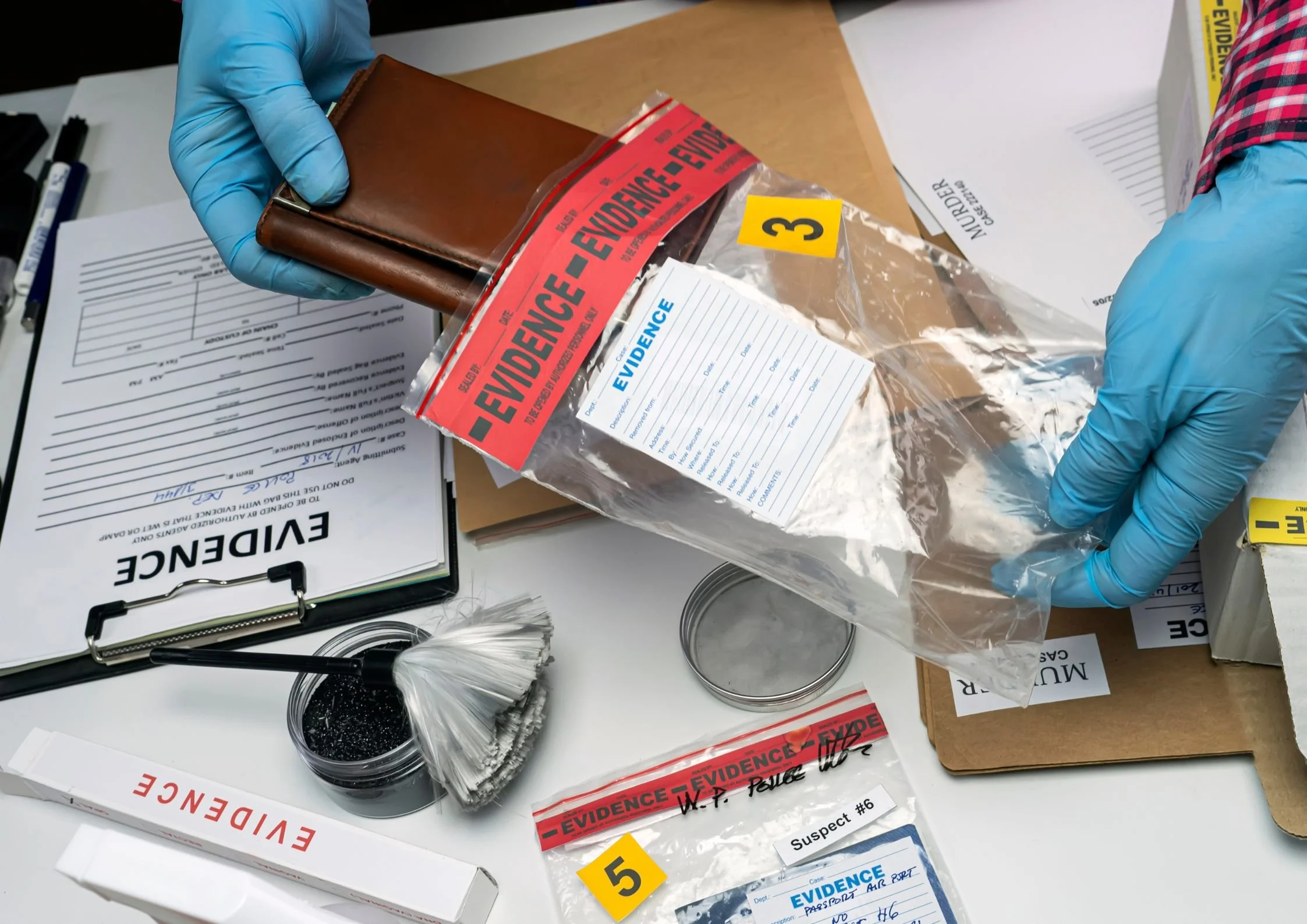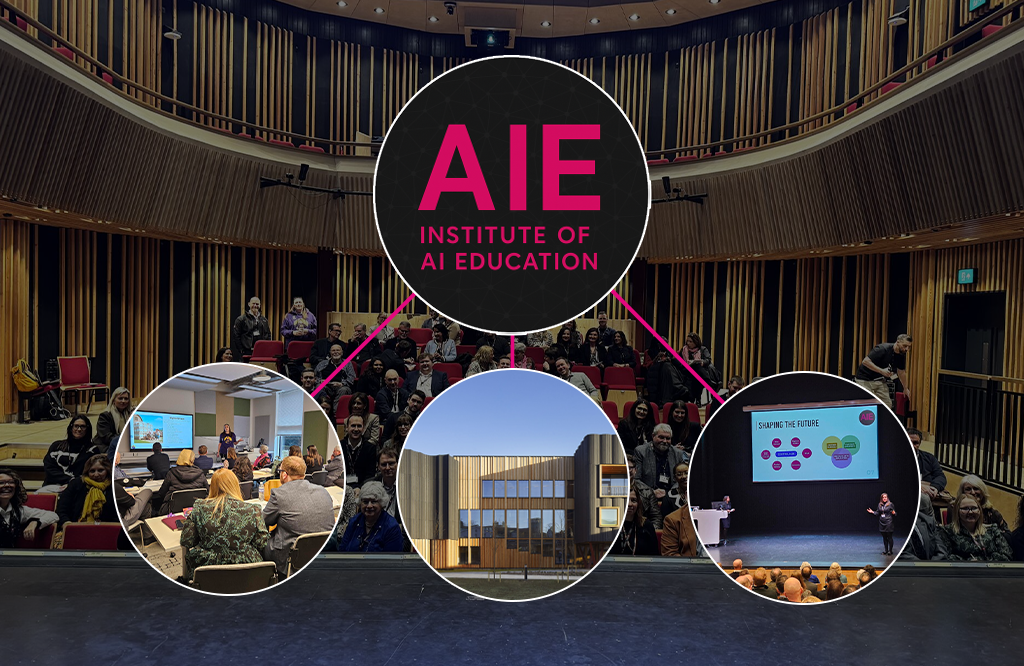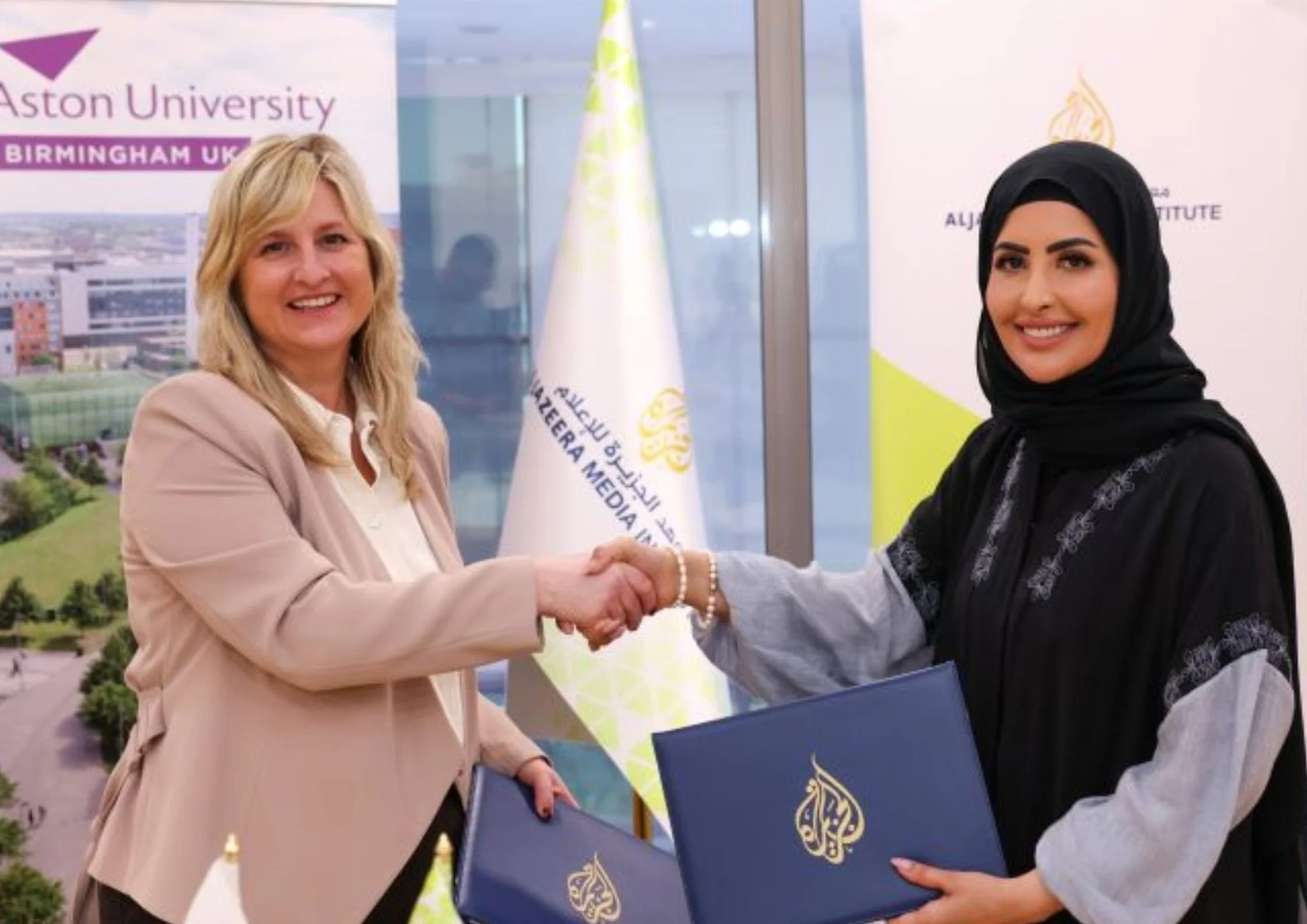Coventry University partners with two Indian institutions on new online green energy course
Coventry University has partnered with two institutions in India, aiming to share its expertise in hydrogen fuel technology as it hopes to increase knowledge and skills in clean energy.
Dr Oliver Curnick, Dr Sanju Thomas, Dr Maria Tareen and Dr Jayesh Shanthi Bhavan
Coventry University has partnered with Indian institutions Cochin University of Science (CUSAT) and Technology and the Indian Institute of Technology Guwahati (IITG) on the project. It received a £10,000 grant from the British Council’s Going Global Partnerships - Online, Distant, and Digitally Delivered Learning Grant.
Hydrogen fuel cells are thought to play a key role in increasing the use of clean energy and meeting net zero targets, as hydrogen can power vehicles, buildings and industries.
The new online course from Coventry University aims to share knowledge of hydrogen fuel cells through new digital learning and interactive virtual labs. Industry involvement will help develop technical knowledge and offer students employable skills for the future green economy.
Dr Sanju Thomas, Lecturer in Electrical Engineering, who leads the project for Coventry University, comments: “We aim to bridge the digital education gap by designing virtual labs, webinars and open educational content focused on hydrogen production, storage, fuel cell design and applications.
“Not only does this project align with the Government’s UK–India 2030 Roadmap and national hydrogen missions, it contributes to workforce development in the green energy sector by equipping learners with industry-relevant hydrogen skills.”
Dr Biju N, Professor in Mechanical Engineering at CUSAT, adds: "It is our privilege to associate with Coventry University for this project. Since hydrogen fuel cells are expected to play a crucial role in the future of clean transportation and energy storage, the participants immensely benefit from the course. While hydrogen fuel cells are not yet a mainstream technology, advancements in production, storage and infrastructure are expected to drive their adoption in the coming years."
“This project represents a pivotal effort to strengthen international collaboration between academia and industry stakeholders. By aligning expertise and resources, the project seeks to advance sustainable hydrogen production, transport and fuel cell technologies - laying the foundation for a cleaner, low-carbon future,” Dr P.S Robi, from the Department of Mechanical Engineering at IITG, says.





















